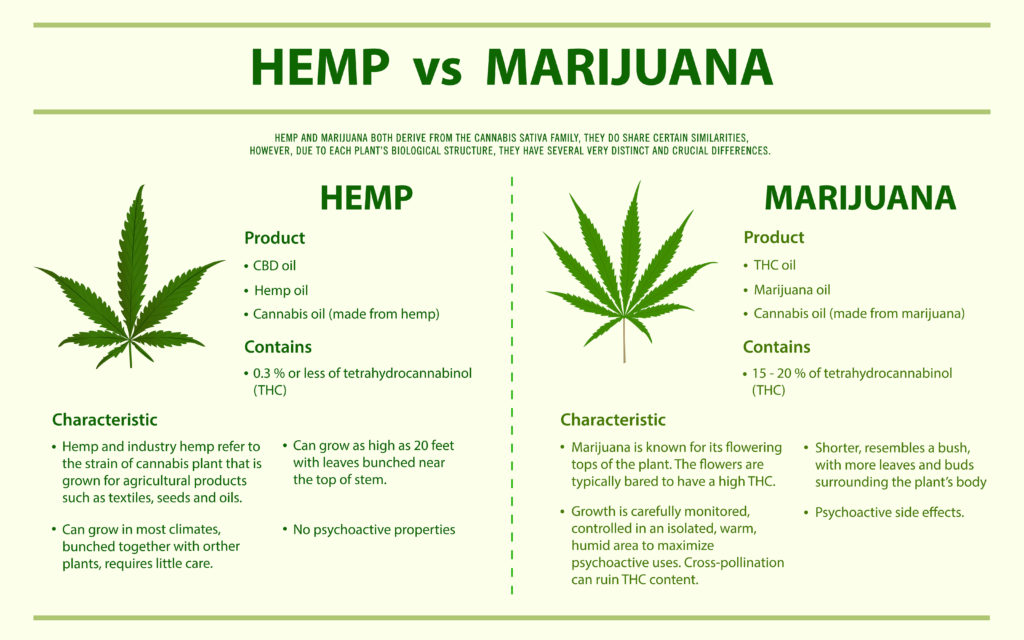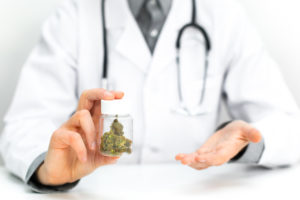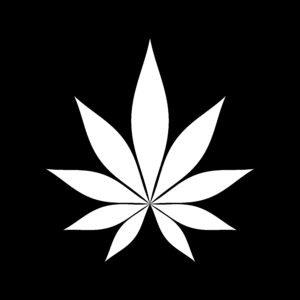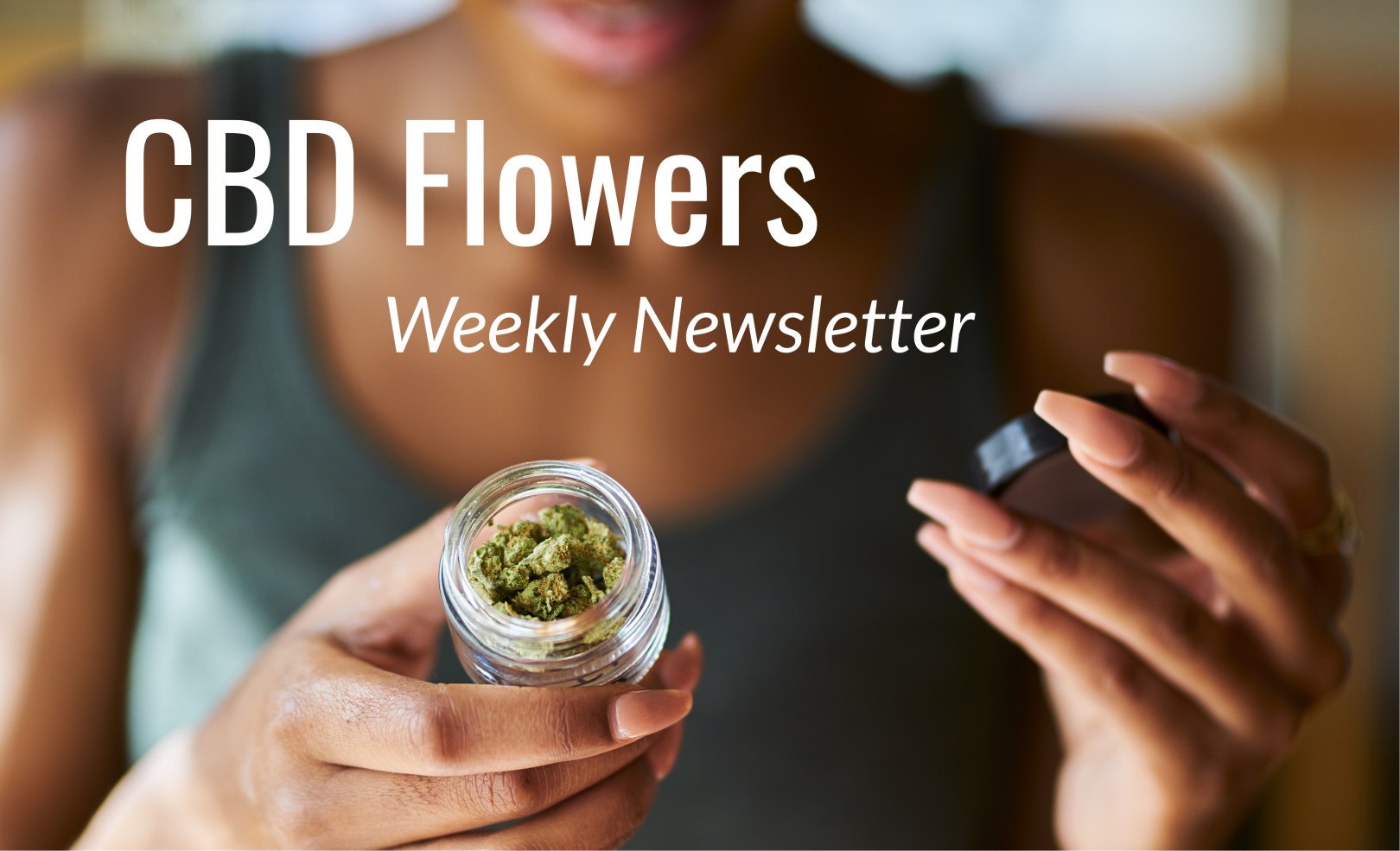Cannabis and Industrial Hemp have been through decades of prohibition since it was outlawed in the US in the 1930s.
Since then, the world has come a long way as people begin to fathom the fantastic medicinal effects that Cannabis can have for a range of different conditions. Some states are legal for medical Cannabis, others for recreational use but what’s the legal status of CBD, especially the flowers? Are CBD flowers legal?
The short answer to the question is yes – CBD is legal – but under specific conditions and according to the State you’re in. While the legality of CBD varies from state to state, there are some rules of thumb. However, the main factor surrounds whether the CBD you have is derived from Cannabis or Industrial Hemp.
The Cannabis and Hemp plants are similar and are in fact, close relatives. However, the law classifies them differently as Cannabis contains high amounts of THC while most Hemp only produces trace amounts of THC (often less than 0.3 percent.) CBD derived from Hemp is legal as long as it’s cultivated within the confines of the regulations in the law.

Just last year, the Trump Administration passed the Agricultural Improvement Act of 2018 (also known as the 2018 Farm Bill.) This bill removed Hemp from Schedule I and reclassified it as what’s called an “agricultural commodity.” According to the DEA, CBD is still illegal and falls under section if it is derived from high THC Cannabis.
The guidelines are relatively straightforward. The CBD needs to come from Hemp and not Cannabis and must contain less than 0.3 percent THC. The Hemp must be cultivated by a licensed grower and is legal to be transported across state lines as long as the plants fall within the requisite guidelines. There are some exceptions to the rule, at least on a state level.
Colorado and California, as examples, legalized cannabis recently for recreational purposes as well as for medical. This means that CBD derived from Cannabis is legal in those states and consumers have no cause for concern. There are another eight states that have a statutory provision for all Cannabis products and they are, Alaska, Maine, Massachusetts, Michigan, Nevada, Oregon, Vermont, and Washington.

On top of that, there are 47 states where Cannabis-derived CBD is legal on a medical level if prescribed by a licensed doctor. Regulations do vary from state to state, but most of these states have a provision for medical Cannabis used in the treatment of a wide range of conditions. In almost all of these states, patients will need to apply for medical Cannabis cards to legally consume Cannabis or CBD.
Bear in mind that both Hemp and Cannabis-derived CBD are illegal in three states: Idaho, Nebraska and South Dakota. Cannabis CBD is indeed prohibited, and Hemp-derived CBD also falls between the cracks a little in these states. You could find yourself in some hot water if you get caught by law enforcement in these states with Cannabis or Cannabis-derived products, so you need to proceed with caution.
Hemp-derived CBD is also legal in every country in Europe except for Slovakia. Countries like Switzerland also grow Hemp in massive quantities, and numerous companies harvest and package the crops into pre-rolled Hemp CBD Cigarettes that won’t get you high but are considered by some to be healthy.
Another thing to bear in mind is that it’s often difficult to ascertain the source of the CBD, especially for cops who don’t walk around with Cannabis testing equipment. CBD Flowers, for example, look and smell much like regular Cannabis and that puts things in an even more legal grey area, especially in some states.
Always make sure you are purchasing the best quality CBD by checking the lab results provided by reputable CBD vendors. Also, be sure to check the CBD profile before you buy and to ensure you aren’t buying THC Flowers by mistake.













